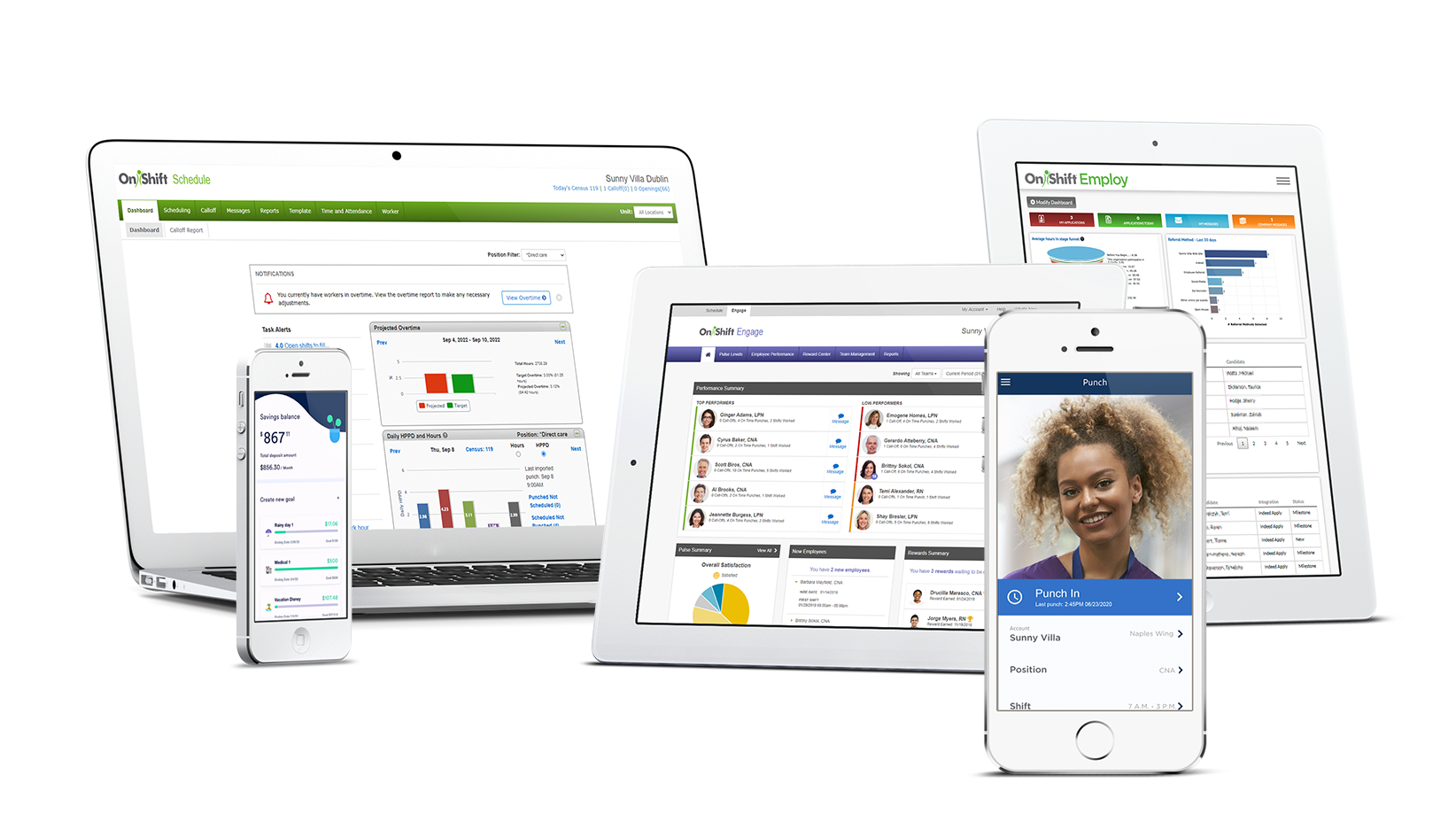September 18, 2014 | Mark Woodka
September 18, 2014 | Mark Woodka
Investigators affiliated with the Harvard School of Public Health,  Harvard Medical School and Pennsylvania State University recently released findings linking nurses who have more control over their work schedules to lower levels of pressure ulcers.
Harvard Medical School and Pennsylvania State University recently released findings linking nurses who have more control over their work schedules to lower levels of pressure ulcers.
When I first read about this in McKnight’s Long-Term Care News, it was a bit of a head scratcher. The more I thought about it, however, the more it made sense to me. It got me thinking about other benefits to giving caregivers more say in their schedules.
I know from experience that not having input into when and where caregivers work can lead to significant job dissatisfaction and turnover. For example, I’ve heard complaints from caregivers who tell their scheduler that they cannot work Tuesdays due to a class, but end up getting scheduled on Tuesdays anyway. For organizations that are doing staff planning manually, with pen, paper, and the scheduler’s memory, it’s difficult to track all the needs and requests of dozens or hundreds of employees. The Tuesday class request is easily forgotten.
Think of the stress a caregiver must experience knowing they are missing a class or their children’s school function. Their minds are likely elsewhere when they’re working, and resident care can suffer. The impact gets worse when the problem occurs time and again. Alternately, think of how quality of care can benefit when caregivers are happy – stemming from their satisfaction with their work schedule, then resonating throughout their day-to-day caregiving tasks.
At OnShift, we recognized the powerful link between having some input into work schedules and overall satisfaction. In fact, our recently released mobile app for employees takes our scheduling capabilities even further. The mobile app gives employees a convenient way to manage their work preferences, so that best-fit schedules can be created more easily. Originally we thought of this as a staff satisfaction issue but with the recent research from Harvard, it’s very rewarding to learn that resident care can benefit, too.
And if you’re looking for more ways to engage your employees and increase satisfaction, check out our recent whitepaper:
Subscribe to the OnShift Blog
Recent Posts
Categories
About Mark Woodka
Mark Woodka is CEO of OnShift and has over 25 years of experience in enterprise software sales and marketing, having worked for startup organizations as well as Fortune 500 companies. He often leverages his extensive background in technology-enabled process improvements speaking at industry conferences as well as authoring articles on long-term care trends and issues.
See for yourself why thousands of providers rely on OnShift’s innovative software for recruitment, hiring, workforce management, pay and engagement. Request your personalized demo today.
